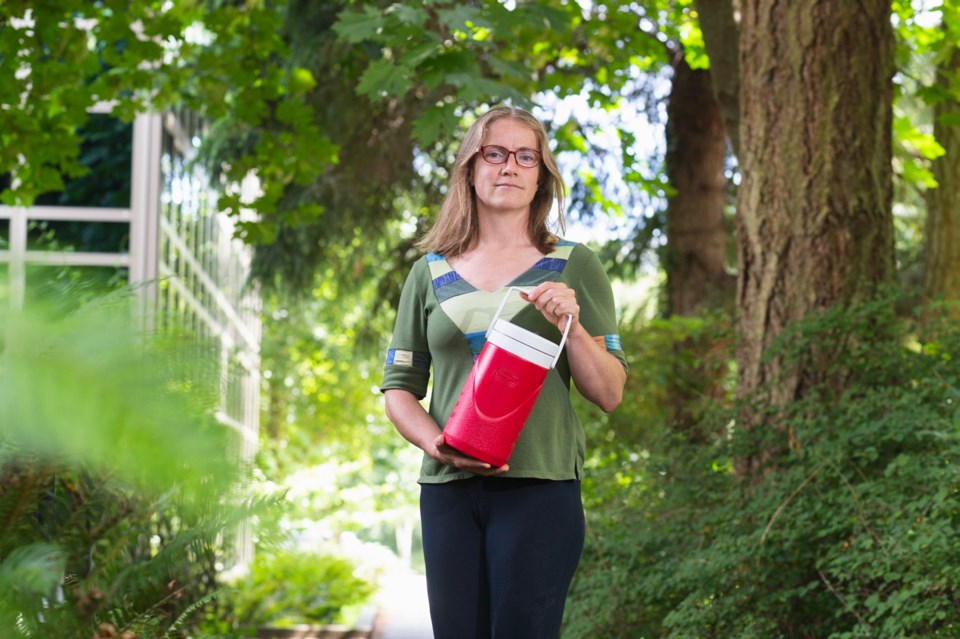A team of researchers from the University of Victoria is collecting sewage samples from local pumping stations this week to detect potential outbreaks of COVID-19.
The genetic materials from the coronavirus are found in human feces, so the project could be “an early-warning system” for regional health authorities to get ahead of outbreaks, says Heather Buckley, head of the Green Safe Water Lab, a UVic-based research unit.
Studying wastewater is expected to be a much faster way to collect data about infections than testing individuals, since data on infection rates can lag behind actual transmissions.
UVic said research indicates signs of the virus can show up in wastewater before people are symptomatic or if they’re asymptomatic — resulting in a quicker response from health officials.
“Having this predictive tool will be a real game changer, both in terms of responding to a second wave of COVID-19, as well as to other pathogen outbreaks over the longer term,” said Buckley.
Since Victoria is at a near-zero point with COVID-19 infections, any data collected now will provide a baseline to compare with if and when the virus returns, she said.
Collection of 200-millilitre sewage samples over 24-hour periods will take place weekly, and the research team will start analyzing data immediately, said Buckley.
“I think we will see low or undetectable levels [initially] because the case load is so low in Victoria,” she said. “But if we get a second wave, the numbers will increase and we will able to see that.”
Vancouver and Surrey started testing wastewater last month.
Similar testing has been able to look for trends in opioids levels in some communities, according to UVic.
Buckley, Stephanie Willerth, chair of UVic’s biomedical engineering program, and Caetano Dorea, head of the public health and environmental engineering lab, are working with Pani Energy Inc. to analyze the samples and send results to public-health authorities by the end of the month.
Over time, researchers said, wastewater will provide data to track infections that can help health officials make cost-effective decisions in dealing with pandemics.
Devesh Bharadwaj, chief executive of Pani Energy, a company the UVic alumnus founded in 2017 from his engineering research projects at UVic, is providing expertise in data science and wastewater treatment to the project.
Testing waste for disease surveillance is an emerging field with considerable potential, said Bharadwaj.
“This is a major shift in how we approach health care, make health-care decisions and advance health research,” he says.
Researchers said the project has broad applications because several pathogens can be detected in wastewater.
The UVic-led project is funded through a special version of the Alliance grant from the Natural Sciences and Engineering Research Council of Canada, which promotes collaboration between industry and academia for projects that specifically address COVID-19.



